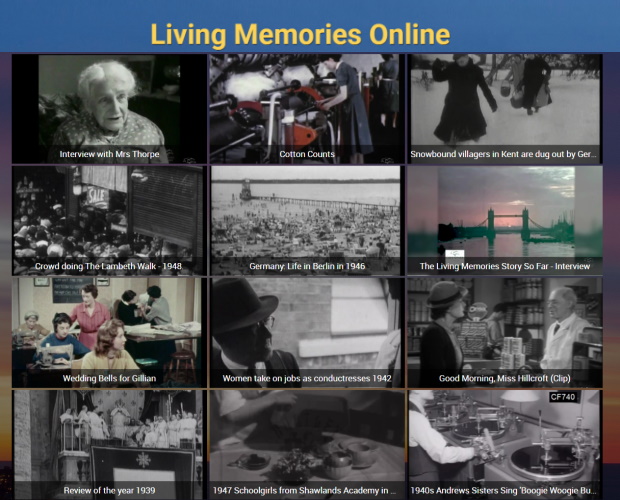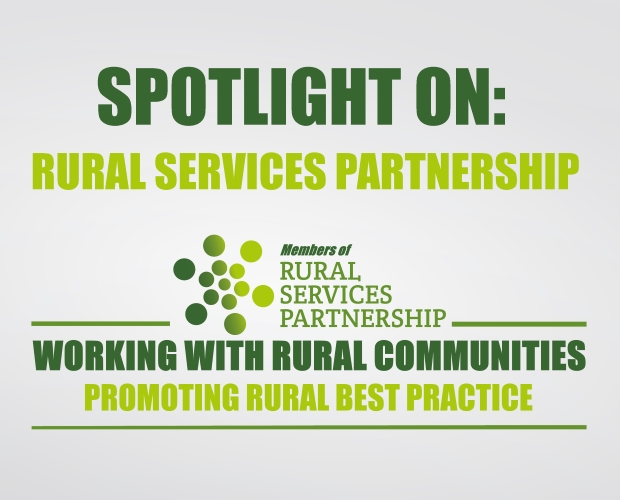T: 01822 851370 E: [email protected]
Visit RSN Survey about life in rural England to find out more.
When Living Memories C.I.C. started running its first pilot Tea & Memories community reminiscence group in 2018 in Colyton, East Devon, little did we know how popular the regular gatherings would become. When we were out walking our dog in...
A new online service that uses archive films and newsreels to bring trigger memories and encourage friendships through shared reminiscence A new service that brings memories to life through archive films and newsreels is now available for watching at home...
Welcome to July’s Rural Services Partnership Spotlight. Since a number of RSP members were given the opportunity to join both the RSP and the Rural Health & Care Alliance, RSP has increased its membership to 179 organisations. To find out...
by Brian Norris of Living Memories C.I.C. Background When I had started delving into the film archive of Greenpark Productions Ltd at the end of the 20th century, I had never expected to learn how making clotted cream is closely linked with...
NEWSLETTER
Sign up to receive all our latest news and updates.
HOT TOPICS
Amid reduced public spending, fair resource allocation across regions is crucial. Despite a population larger than Greater London, rural areas receive significantly less funding for essential services, even though delivering these services in rural areas is more expensive.
Economic growth is widely acknowledged as essential for national wealth and prosperity and is a priority for political parties. Rural economies, employing millions and home to a higher proportion of small businesses, have potential for growth if barriers are removed.
Rural residents face distinct healthcare challenges, including limited access to transport, longer distances to medical facilities, an aging demographic, housing inadequacies, digital connectivity gaps, and difficulties recruiting health and care workers.
Rural communities are grappling with a severe affordable housing crisis, marked by high house prices, a lack of affordable housing, elevated living costs, and lower incomes, threatening their sustainability and vitality.
Transport is vital for the quality of life and economic health of rural areas, yet it faces challenges such as infrequent public bus services and less Government funding compared to urban regions.
Rural areas, encompassing a substantial portion of England's population and land, play a pivotal role in combating climate change and achieving the net zero target.
In an increasingly digital world, the lack of robust digital infrastructure in rural areas severely limits access to crucial services and stifles economic growth.
A future-focused vision for rural communities involves not just building the right homes in the right places but also ensuring thriving, sustainable communities.
SIGN UP TO OUR NEWSLETTER
Sign up to our newsletter to receive all the latest news and updates.






